Prize 2018
2018 Winner: The Long Take by Robin Robertson
“The judges are proud to salute Robin Robertson’s The Long Take, a film noir verse novel full of blinding sunlight and lingering shadows, technically accomplished, formally resourceful and emotionally unsparing.” Adam Mars-Jones, Chair of Judges and Research Professor of Creative Writing at Goldsmiths
More about The Long Take.
About the Shortlist
‘The shortlist for this year’s Goldsmiths Prize, now in its sixth year, offers a tasting menu of all that is fresh and inventive in contemporary British and Irish fiction. There’s poetic language here, not all of it in the verse novel we’ve selected, Robin Robertson’s The Long Take. There’s the language of the streets, fighting to be heard, in Guy Gunaratne’s In Our Mad and Furious City and the language of an overmediated world in Olivia Laing’s Twitter-fed Crudo. There’s a harsh view of the past in Will Eaves’ Murmur, restaging the travails of a brilliant gay mathematician modelled on Alan Turing, and a cool survey of the unbalanced present in Rachel Cusk’s hypnotic Kudos, while the deceptively quiet unspooling of Gabriel Josipovici’s The Cemetery in Barnes shows the powerful effects that can be achieved without ever raising your voice.’ (Professor Adam Mars-Jones, Chair of Judges)
Robin Robertson on winning
Robert Robertson on winning
The judges on the shortlist
Deborah Levy on Kudos
It is rare for a novel to achieve a perfect synthesis of form and content. Rachel Cusk makes this great literary achievement appear to be easy in Kudos, or in a sense unnegotiable - it is after all an inherent part of the writer’s job.
If there is an authorial impatience with the over familiar tropes of novelistic plot and drama at work on every page of Kudos, there is in fact a great deal of plot and drama present in the narration of the lives of the men and women who disclose their own frailties to the dislocated, effaced, female narrator. Kudos is a novel that both elicits and honours the narration of others in their reach to move closer to a truth that might be unacceptable, or at best, inspiring.
The main narrator in Kudos is working hard for her readers, yet never presents herself as less vulnerable than her co-narrators. This kind of narrator is new to literature.
Deborah Levy on Murmur
Murmur is a novel of multiple ideas, which seems right given its main protagonist, Alec Pryor, is loosely based on the predicament of the philosophical mathematician, Alan Turing. It is also a novel forged from an immensely beautiful writing intelligence. Murmur is a fully achieved literary experiment, digging deep into all the dimensions of human consciousness, including state sanctioned savagery.
If its organising themes range from artificial intelligence, desire, sexuality, the limits of human understanding, the risks involved in love, it is also an investigation into the codes of language itself. At time, Eaves shamanistically thinks himself into the dreams of his gentle protagonist, a man who is in great distress. Chemical castration is the punishment for his sexuality. Its effect on the mind and body of the human subject is in poignant conversation with the societal mind that inflicts this kind of primal punishment.
Elif Shafak on In Our Mad and Furious City
Running over the course of two intense days, with its compelling characters and exceptional storytelling, In Our Mad and Furious City is brimming with energy, intelligence and chutzpah. From extremism to vulnerability, freedom to friendship, masculinity to the fragility of being a human, social inequality to riots spreading across the city. . . . Gunaratne's novel is unflinching in its portrayal of London and its scowling youth. Realistic, gritty, and yet with a tenderness at its heart that never loses its credibility, this is an unforgettable novel.
Nick Lezard on The Cemetery in Barnes
The Cemetery in Barnes is a subtle, disturbing meditation on death and desire, on murder, suicide and arson glimpsed, as it were, out of the corner of the eye; an examination of a life lived in three locations and told – the cue being taken from Monteverdi’s Orfeo – in three interweaving voices, whose total effect has the disturbing power of a bad dream.
Adam Mars-Jones on Crudo
Olivia Laing’s Crudo is novelistic fusion cuisine, with life writing and literary ventriloquism served on the same tasty plate, with the narrator planning her wedding, which she wants to be perfect, while also unpredictably channeling the harsh anarchic voice of Kathy Acker, the American experimental writer who came to fame in the 1980s. Virginia Woolf’s Mrs. Dalloway could plan a dinner party without too much agonising about her position of privilege but a twenty-first century person, particularly if she’s addicted to social media, must reckon with the precariousness of every assumption. Collapse feels very near in Crudo, but the urge to celebrate holds its own against the impulse to panic or mourn, and the greedy disruptive voice of Kathy Acker keeps breaking through to remind us that disintegration is inside us, as well as stalking the world stage hurling its bricks.
Elif Shafak on The Long Take
Composed in a mixture of verse and prose, The Long Take is a book with a big heart. The beauty of the language will seduce the reader from the very start. How do we put ourselves back together in a damaged world? How do we keep our conscience alive and ourselves well-balanced when everything else is slipping away, changing too fast? How much of the past should we allow ourselves to even remember when all that matters is to stay in the present moment, to stay afloat? By taking this long journey west - across New York, San Francisco, Los Angeles - Robin Robertson tells a universal story. With its undeniable beauty; quiet, modest but strong pull, this book will shift something in your soul. By the time you have finished reading it, you won't quite be the same.
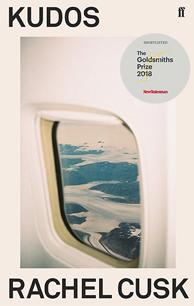
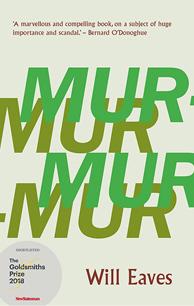
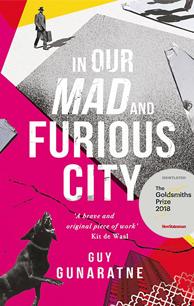
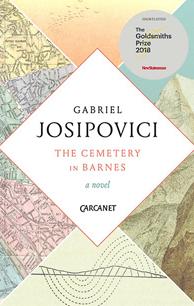
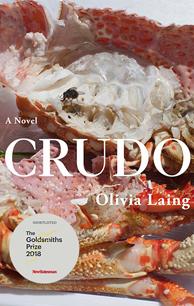

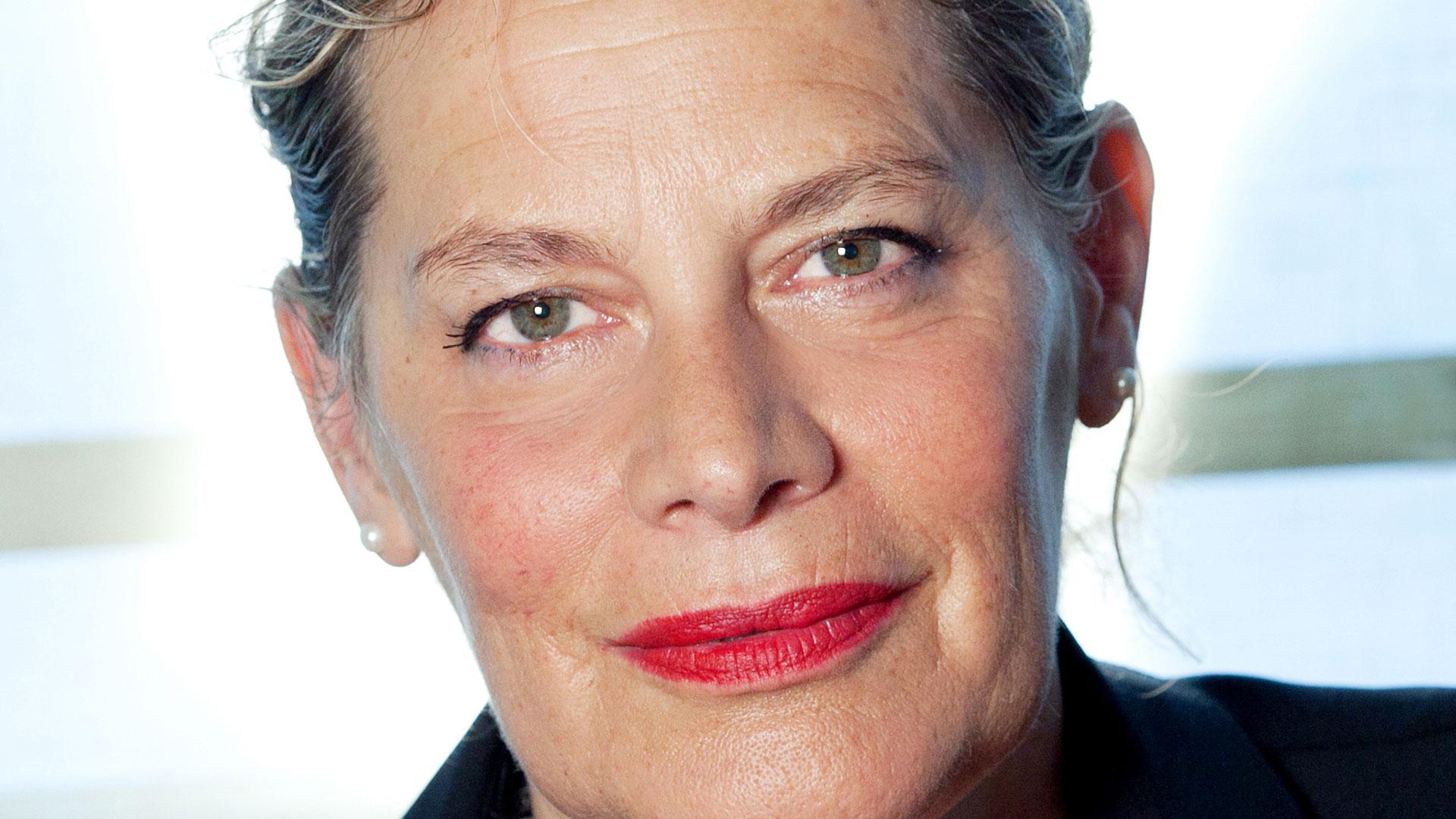

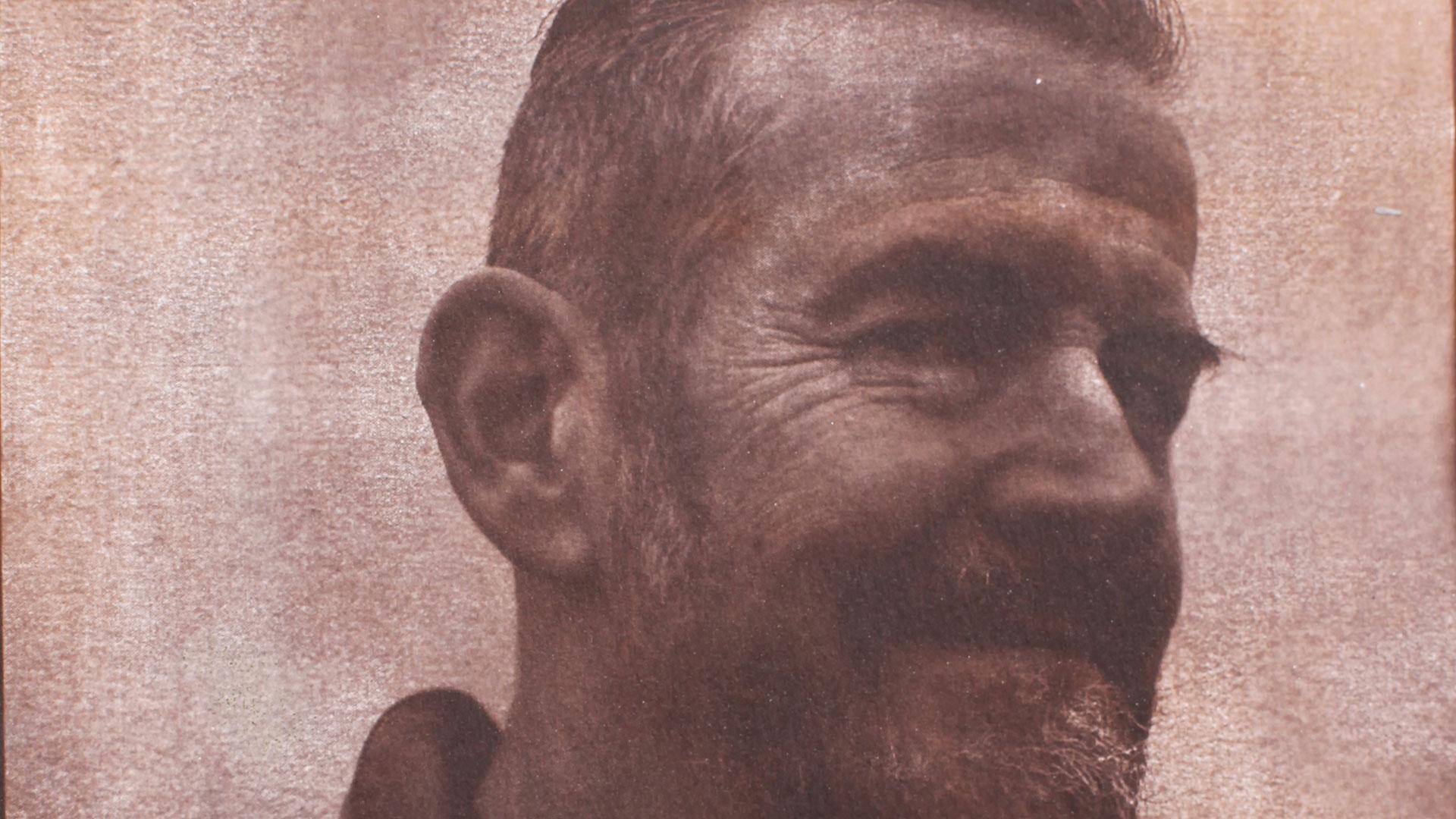
.jpg)